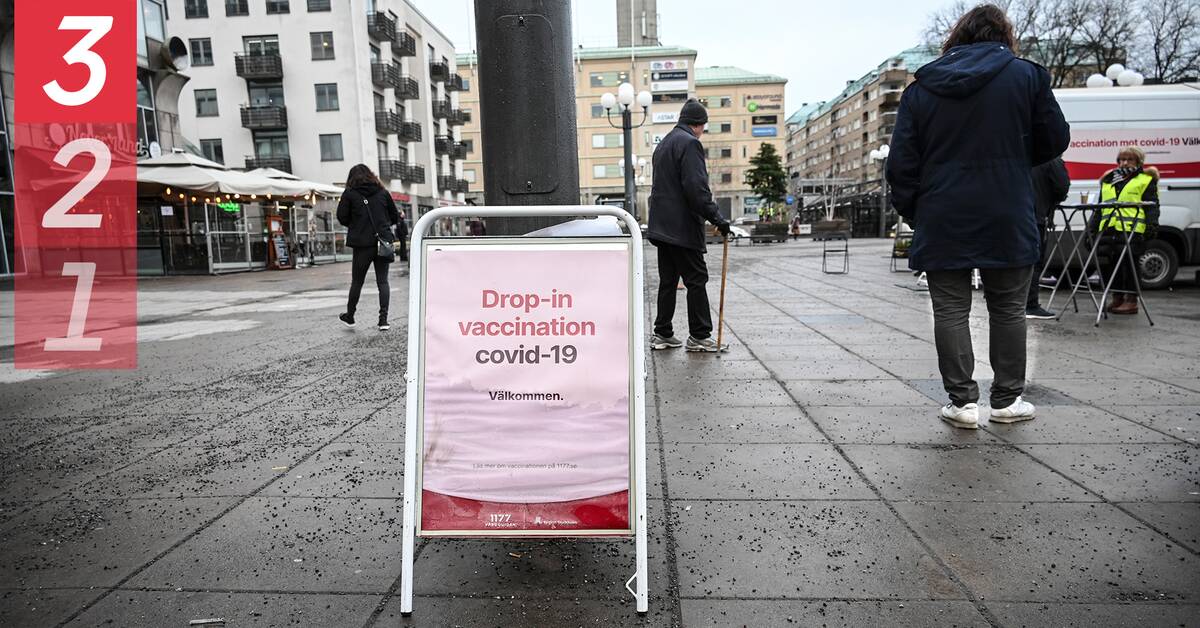Most of the restrictions were lifted on Wednesday - perhaps for the last time during the time we lived with covid-19 in Sweden.
During the pandemic, many experts have commented on the virus, its spread and immunity.
But it has not always been right.
Anders Björkman, professor of infectious diseases at Karolinska Institutet, initially thought that the infection would look more like an influenza epidemic.
- But it has been shown that covid-19 is spread very much in clusters, ie in groups, and this makes it more difficult to get a so-called flock immunity.
Because there will always be areas, clusters, that the infection does not reach from the beginning, he says.
Björn Olsen, professor of infectious diseases at Uppsala University, thought that long-term immunity would be achieved among the population.
"Realized that immunity does not last"
- But in connection with the first mutations starting to appear and re-infecting people, I realized that immunity does not last.
And it is the same with the vaccine, even if they protect against serious illness and death, people can be infected.
At the beginning of the pandemic, many made a strict division between droplet infection and airborne infection, says Magnus Gisslén, professor of infectious diseases at the University of Gothenburg.
- It is not airborne or not airborne.
There are degrees.
Some viruses are extremely contagious, such as measles viruses that can travel long distances in the air.
While others may do it a little.
I think you have learned that during this pandemic, he says.
SVT called three experts who often appeared in the box to ask what misjudgments they have made. See their answers in the video.

